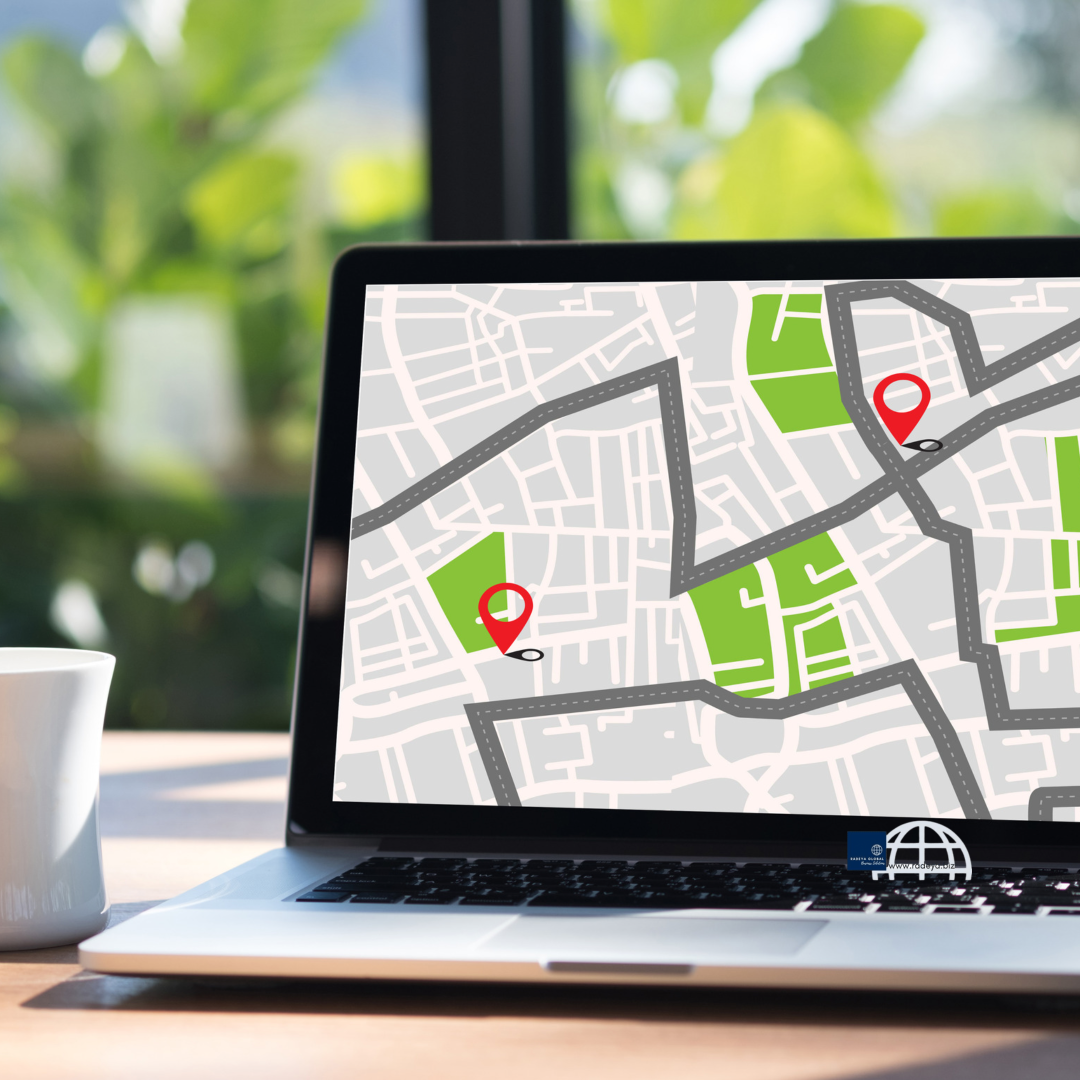As the post-Covid economy and travel opens up, millions of people are relocating.
The post-Covid work environment opened up many new opportunities, both for new job seekers and those looking for a remote work lifestyle.
Some people have decided to permanently work from home work and no longer want to or need to live in an expensive area for job purposes.
Others are looking for new jobs in different places away from home.
While others want a work from anywhere / digital nomad lifestyle, becoming their own bosses and have greater freedom to travel more frequently. This type don’t want to live in one place more than a few months.
What’s more, as some workers choose not to go back to the office permanently, businesses are looking for replacement employees. This opens up job opportunities for employees who prefer the traditional way of working.
Companies will need to hire talent from other locations as local talent decides not to go back to the office, which will require relocation of job seekers.
The great resignation is coupled with the great relocation for these reasons, whatever your lifestyle choice is.
If you have decided to relocate, preplanning and research will ensure your relocation is successful and trouble free.
Organized relocation has several stages:
During pre-preplanning, you look into possible locations all over the country and narrow down on a few cities or geographic areas that are ideal for your lifestyle goals.
You can skip this phase if you have already decided on a city.
In the next phase, the initial research phase, you will research the city you’ve chosen and learn about the different areas that are available for living.
You should:
- Get an idea of housing costs and other general information in different areas in the city.
- Determine if an area is suitable for your lifestyle goals, such as family-oriented, suitable for children, nearness to parks, schools, markets, hospitals, etc.
A good idea is to call up a real estate agency and get recommendations based on your lifestyle goals. Real estates always have information and are willing to share it, even if you aren’t a client and are not looking in their area.
Next, you will zoom in on specifics such as the neighborhoods you’ll consider.
- Make a list of the potential neighborhoods that are ideal for you, along with distance from major locations such as the city center, business hub, hospitals, etc.
- Learn the cost of living, including cost to rent or buy a house.
- Learn about the available transportation.
- Learn about crime rate and safety.
- Learn about possible hazards in the area, such as storms and earthquakes.
Once you have an idea of possible areas that are in line with your living goals, look up rental properties online and through local real estates. You can easily do this from your current location.
Look at the properties, buildings, and surrounding areas to get a feel for the place.
If there are any YouTube travel and tourism videos about your chosen city or neighborhood, watch it.
Visit the areas in person as well as the city center and business hub and walk around the places. Also use the different modes of transportation available.
Speak to the people to see what they are like, friendliness, etc.
This will give you a first hand idea of what it is like to live there; what you can expect in terms of shops, schools, transportation, parks, and other facilities; what the neighbors are like, etc.
Once you have an idea of what to expect, you can make an informed decision about your relocation and not get surprises along the way.
Disclaimer: For Information purpose only. Not intended as advice.
Need help with relocation, job search, career development, or career rebranding? We can help. Radeya Global provides unparalleled services and our clients have a high success rate. Email va@radeya.biz to get started.


